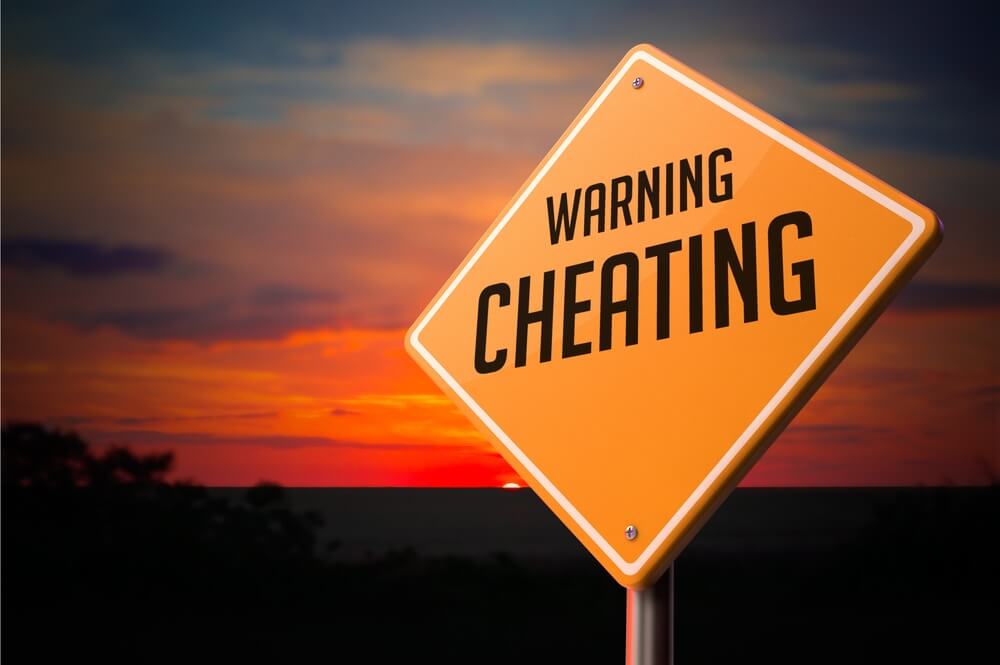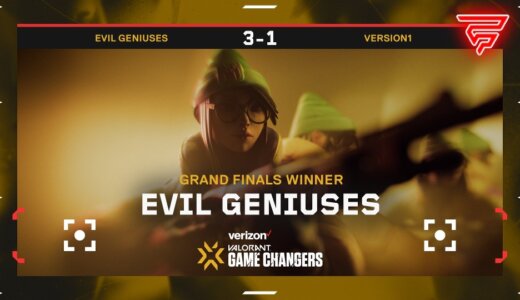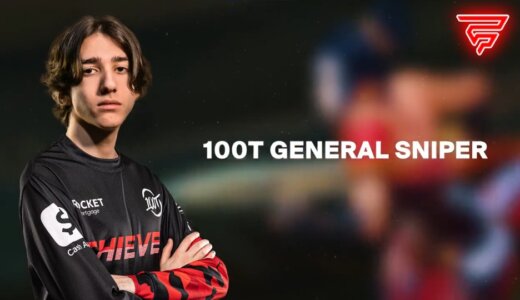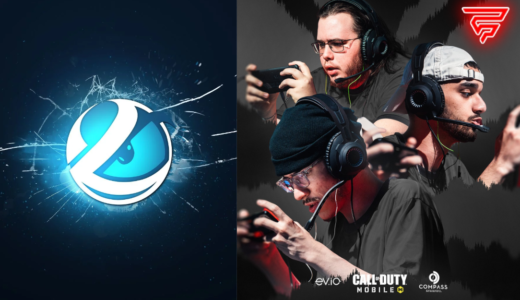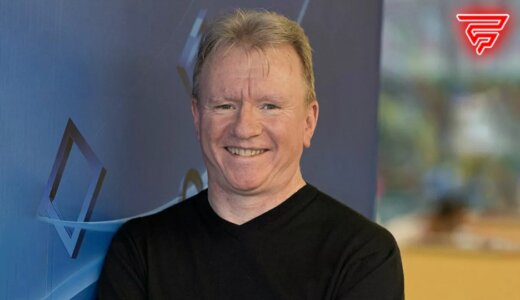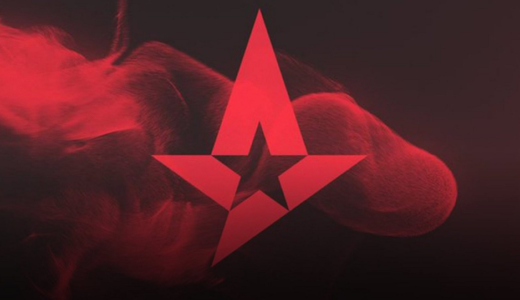Last week, the CSGO scene was rocked by a massive cheating scandal. The cheating scandal broke only one day after ESL One Cologne concluded when ESL published the findings from a recent investigation. Essentially, ESL became aware of a bug that allowed coaches to become a spectator anywhere on the map without any other players being aware. The bug can be executed by performing a combination of steps. The exact combination of steps was not released by ESL.
This bug meant that the coach would be able to stay in position, essentially getting a free window into the opposing team’s whereabouts, like their spawn area. The coach could then relay this information to their team, giving them an unfair advantage.
What makes this story so huge is that it’s not just average players or small streamers that were taking advantage of this bug. Big esports pros were also using this exploit in esports events. ESL found evidence that CSGO teams Hard Legion, MIRB, and Heroic were among those using the bug, and they have imposed bans as a result. All three teams have been retroactively disqualified from the tournament and had their ESL Pro Tour points and prize money forfeited. The individual coaches in question have also been hit with severe punishments. Coach ‘dead’ from MIBR has received a six-month ban, ‘HUNDEN’ from Heroic has received a 12-month ban, and ‘MechanoGun’ from Hard Legion has received a 24-month ban.
What Can We Learn From The Scandal?
One of the biggest takeaways is that finding bugs is okay, but exploiting them is never okay. ESL did make it clear that multiple other coaches that were not named did also encounter the bug, but that these coaches did not abuse the bug in any way. Not all teams involved in the scandal have responded in the same way. Heroic hasn’t admitted fault but released a statement saying they were aware of the allegations and they are looking into it. By contrast, Hard Legion concluded that ESL’s decision was fair, but said they don’t believe their players were aware that the coach was cheating.
These bans are also just one chapter in this story, ESIC has also weighed in. The Esports Integrity Coalition (ESIC) was established back in 2016 as a multi-league body tasked with combating cheating in esports. The coaches are members of ESIC so have received additional bans that apply to a wider range of competitive leagues. We can expect that in the future, ESIC membership will grow and we will see an increased focus on fair competitive esports.
Like any fairly young industry, esports is still somewhat of a wild west. Rules are in place, but punishments, bans, etiquette, and expectations are not always standardized. However, this is changing. With organizations like ESIC and the increased collaboration across pro esports leagues and organizations, everything will be standardized.
